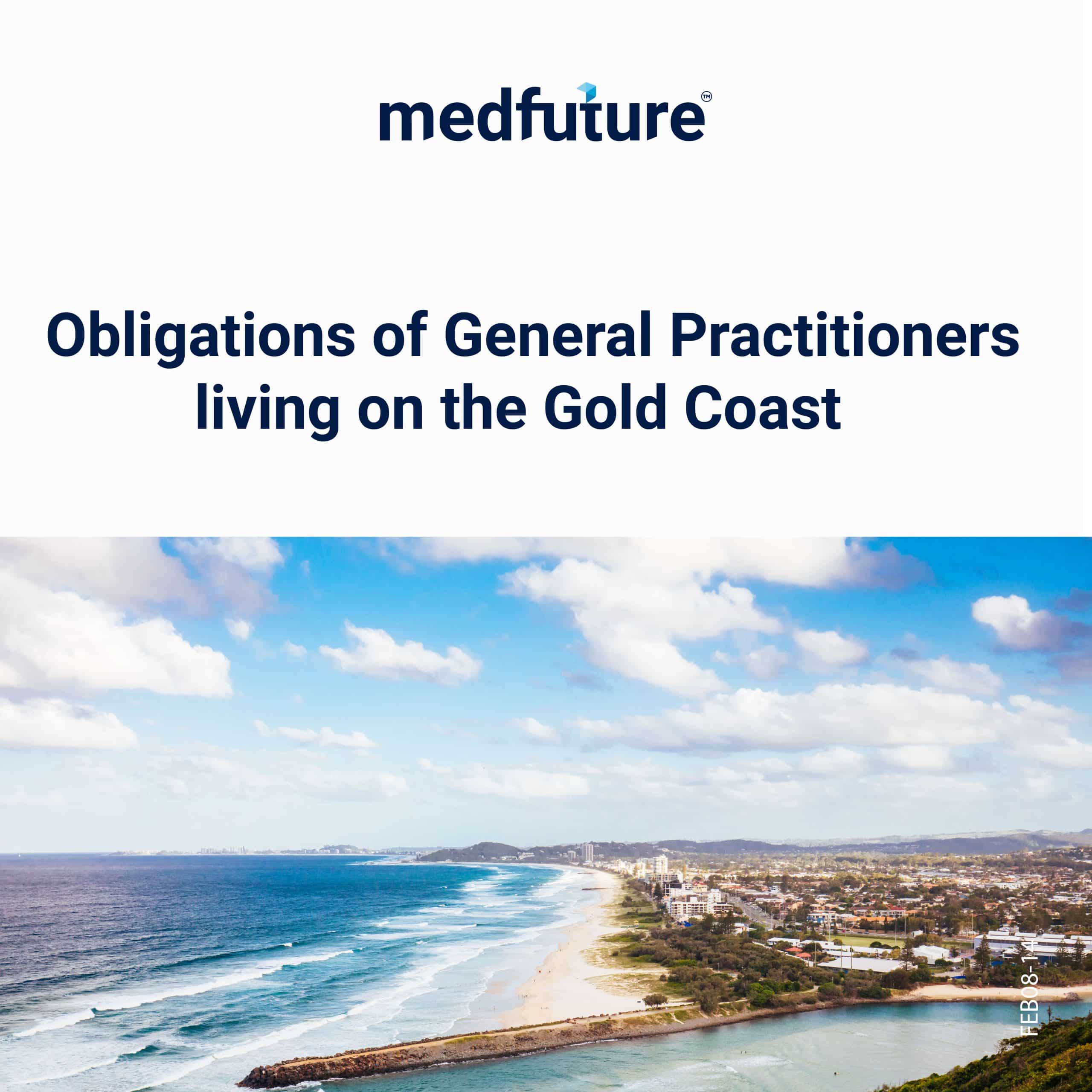Taking care of your oral health is vital just as much as taking care of any other part of your body. Oral health often tends to get ignored by many people, which has resulted in poor oral health among many people.
The Australian healthcare industry, including associated governing bodies, focuses on improving the oral health status of citizens across Australia. Poor oral health has become a significant issue among low-income and socially-disadvantaged societies, including indigenous communities such as Aboriginals and Torres Strait Islander people.
Medfuture helps uplift the oral health of people in Australia, by connecting qualified and skilled dental professionals with reputed dental organisations that provide services to a wide range of communities in Australia.
What is preventive dentistry?
Preventive dentistry focuses on maintaining good oral health throughout life. It’s a combination of following good oral health habits like brushing and flossing along with keeping up with regular dental checkups.
Taking care of your teeth is not limited to just one age group. It starts from childhood and extends throughout the course of your life. Therefore, it’s an ongoing process that should be part of each and everyone’s daily life.
What are the common preventive dentistry services?
Common preventive dentistry services include the following:
Regular oral examinations, at least every 6 months
Teeth cleaning procedures
Routine X-rays
What are the preventive dental treatments available in Australia?
There are several different preventive dental treatments and procedures available in Australia, including the following:
Brush your teeth twice a day
Brushing your teeth is one of the basic things you learn about oral health and hygiene, from an early age. In fact, it is the first step in preventive dentistry as you must brush your teeth twice a day, morning and night.
Brushing teeth with a suitable toothbrush is crucial in maintaining good oral health. Use a toothbrush with soft bristles to brush your teeth as it is gentle on the enamel and cleans your teeth effectively. Use a fluoride toothpaste approved by the Australian Dental Association (ADA).
Get your teeth cleaned by a dental professional
Brushing and flossing should be part of your daily routine. However, visiting a dentist or dental hygienist for teeth cleaning is essential and is one of the most effective ways of removing tartar buildup and plaque. Plaque remains trapped between the gums and teeth, which makes it difficult to remove by brushing alone. Therefore, you must undergo specialised procedures at dentist in order to remove these from your teeth and gums.
One of these methods is known as scaling where the teeth are deep cleaned using a metal scraper or an ultrasonic dental cleaner. Teeth appears to be polish as it removes surface stains from teeth. Finally, the dentist flosses and clean between the teeth.
Visit your dentist regularly
Prevention is better than cure, so it’s crucial to schedule regular visits with your dentists. Dental visits should not be scheduled only when a problem arises. These dental visits are generally short and may not show any negative results in terms of your oral health. However, it’s vital to keep up with visits to your dentist as your dentist will do checks to detect anything unusual occurring in relation to your teeth or gums. These visits will help detect any problematic situations as they arise, which will be easy to treat and benefit your oral health in the long run.
Floss daily
Daily flossing is essential, especially because your toothbrush will not reach the space between teeth. Several particles, including the following get stuck between teeth.
Bacterial matter
Food particles
Small debris
It is vital that these particles get removed as they could remain in the teeth and cause plaque and tartar to form quickly, which could lead to gum disease. Therefore, it’s essential that you maintain a habit of flossing daily, once after your last meal of the day and the other just before going to bed.
Use teeth sealants
Certain people are more prone to developing cavities, tooth decay, and other oral diseases, than others. Dentists may suggest dental sealants based on individual conditions. Sealants are plastic applicants that are coated on the surface of molars and premolars. It keeps food particles from getting trapped between the teeth. The back teeth are more prone to tooth decay as they do majority of chewing when you eat.
Change your toothbrush often
Changing your toothbrush often is vital as it collects bacteria over time. This is harmful for your dental health. You should replace your toothbrush at least once in three months to ensure that it helps you maintain good oral health.
Keep a healthy diet
Your diet and what you put inside your body greatly impacts your overall health, including oral health. Carbs and sugar provide conditions for disease-causing germs to proliferate. Follow a healthy diet consisting of the following foods for a healthy mouth:
Lean proteins
Green vegetables and fruits
Whole grains
Low-fat dairy foods
It’s also vital to stay hydrated by drinking water throughout the day. It will help keep your mouth clean and bacteria balanced.
What is your role in preventive dental care?
Developing healthy eating and self-care habits starts with you. Developing healthy oral habits at a young age helps reduce gum disease, cavities, and gingivitis.
It’s vital to your use an appropriate toothpaste and brush your teeth twice daily.
Flossing is essential, along with using a mouthwash to rinse out food particles after flossing.
Avoid eating too much acidic food as it could harm the tooth enamel.
Use a mouth guard when engaging in any sports activities.
Avoid smoking and consuming alcohol as is could lead to mouth cancer and other oral health issues.
Be mindful when eating hard foods like foods with seeds, pits and bones, and candies, as these could chip or damage teeth.
What type of dentists offer preventive dental care?
There are many different types of dentists in various dental specialties in Australia. Out of these specialties, the following are the dentists that provide preventive dentistry:
General Dentist
A general dentist, also known as a family dentist, is the dental specialist that you go for regular dental procedures, including teeth cleaning, examinations, and X-rays. A general dentist will provide you with advice on how to keep your teeth clean and healthy.
Paediatric Dentist
A paediatric dentist takes care of your child’s oral health. It starts with as soon as your child’s teeth appear at a very young age. A paediatric dentist will examine your child’s teeth and even provide specialized dental care such as fillings, extractions, and oral surgery.
What is preventive dentistry for children?
Preventive dentistry for children consists of identifying any oral health issues your child may be having, at an early age. Services generally include the following:
Promoting and advising on good oral health habits
Regular oral examinations and teeth cleaning at least once in six months
Routine X-rays
Use of sealers
Fitting athletic mouth guards
Referring to orthodontists or other dental specialists based on the placement and condition of teeth
What are the benefits of preventive dentistry in Australia?
There are many benefits of preventive dentistry in Australia, which includes the following:
It helps promote good oral hygiene practices, including regular brushing and flossing.
It lowers your risk of developing various dental issues, including gum diseases and tooth decay.
It enables your dentist to examine your teeth and other connected parts like the mouth, neck, and jaws, to identify any issues that need concern.
It enables to detect dental problems early, which help minimise dental treatment and related costs.
Do all dental plans in Australia cover preventive dental services?
Preventive dental care is essential for every individual. Therefore, many dental health plans in Australia cover preventing dental services.
Teeth cleaning is generally covered for 2 instances a year, which is once in every 6 months.
Fluoride treatments are known to be preventive only for children under a specific age.
Only certain X-rays are covered under preventive dental procedures and that also for a limited number of views.
Preventive dentistry – dental problems and statistics in Australia
30% of Australians have reported to brush their teeth only once a day, with most skipping the night-time brushing.
35% of parents in Australia have reported that their children brush only once a day. 60% of them accept that their children will have some sort of dental health issue like tooth decay or gum diseases at some part of their lives.
Most Australians skip flossing their teeth.
Approximately, between 600,000 and 1 million days are lost from work and school due to dental health issues as a reason of poor oral health.
Approximately $2 billion are lost as a result of productivity lost due to poor oral health and related dental health issues.
Join with Medfuture!
Medfuture constantly posts the latest dental jobs in Australia to recruit qualified and skilled dentists across all states and territories.





